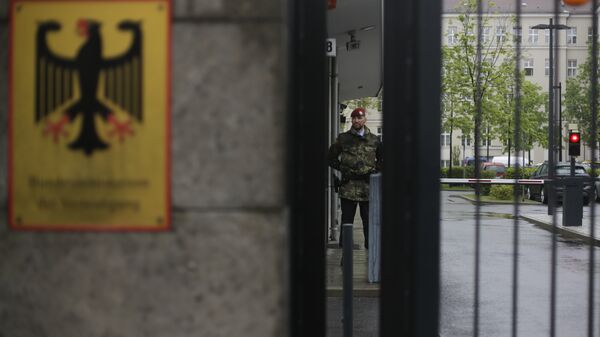The Bundestag — the German parliament — will fine-tune the cabinet's proposal and, after funds are made available, the AIC will begin work in early 2019, according to sources in the government.
The potential creation of the AIC is noted by Bundestag watchers to represent a political commitment by Merkel's cabinet to address the seemingly inescapable truth that cyberspace is where much of the more devastating future attacks of warfare will occur.
Berlin's Defence Ministry took a hawkish stance in describing the new defensive cyber policy, noting that government, security and business tools lag far behind pervasive and sophisticated online attacks that can result in far more than just simple network shutdowns and spoofs.
"The existing government processes pertaining to research are too slow," stated Defense Minister Ursula von der Leyen, cited by Defense One.
"We have to be at least as quick and as well equipped as the perpetrators," she observed.
By injecting venture capital into cutting-edge research, AIC hopes to nurture new cyberdefenses to support military and security forces, a methodology that will — in the words of Van der Leyen — require "courage" and, tellingly, patience on the part of the German politic.



